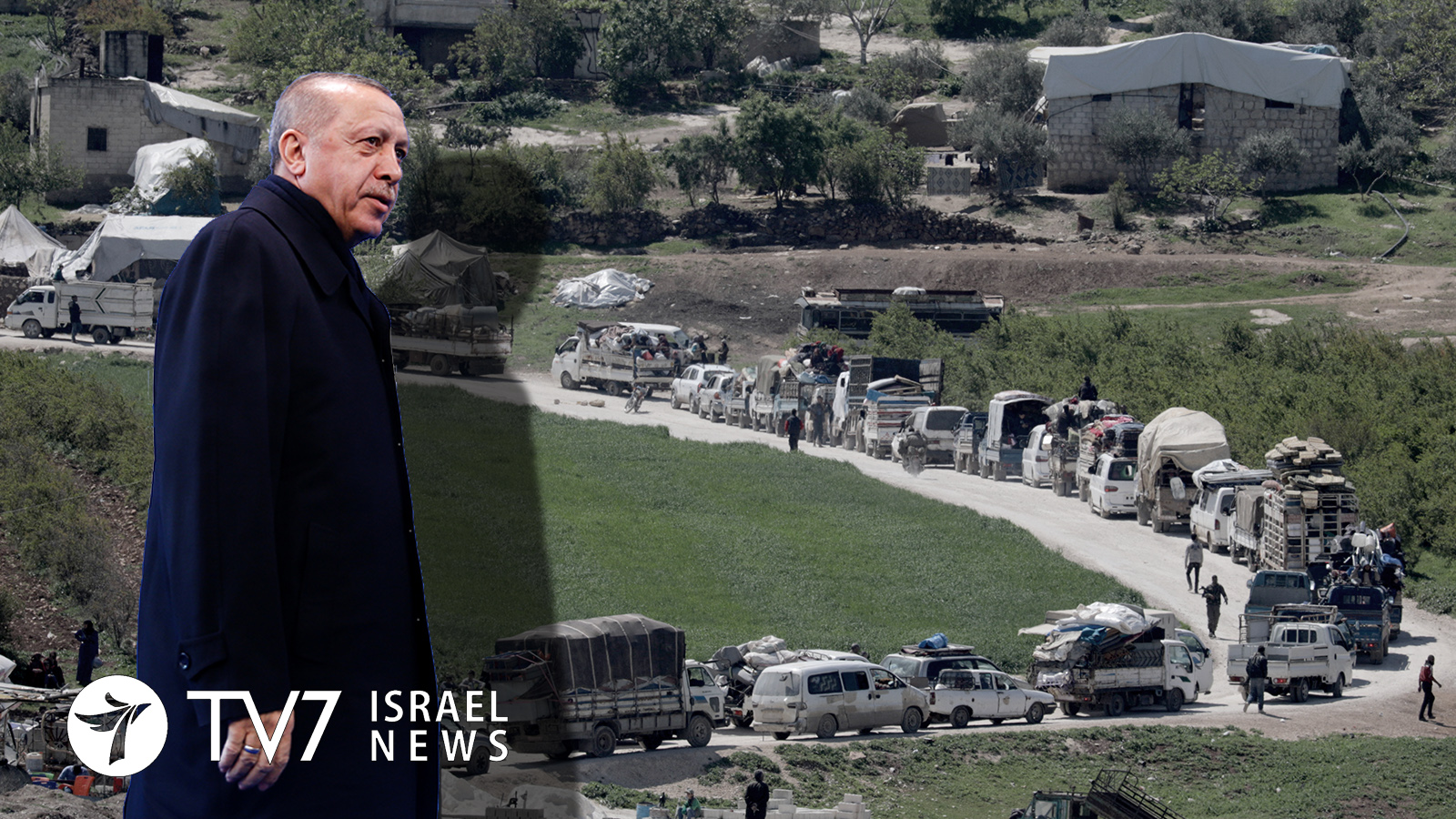Turkey has gained control of the coronavirus outbreak, says the country’s Health Minister Fahrettin Koca.
That claim came yesterday, while data showed deaths from the virus increasing by 117 to 2,376; with 3,083 confirmed cases in the previous 24 hours. Ankara has adopted increasingly tight measures to curb the spread, including the imposition of a four-day lockdown on 31 cities starting today, after similar stay-at-home orders were enforced over the last two weekends.
The total number of cases in Turkey is 98,674 – which is the highest for any country outside Europe or the United States. 16,477 Turks have recovered from the disease to date.
For purposes of comparison, there have been 28 deaths in Turkey per 1 million people, while that number is 144 in the United States, 415 in hard-hit Italy and 22 in Israel.
Turkish President Tayyip Erdoğan said on Tuesday (21 April) that the COVID-19 outbreak was beginning to reach a plateau, and that his government is hoping to return life to normalcy after the end of the Islamic holy month of Ramadan in late May. “I see that at the point we reached, we have started to flatten the curve. We aim to achieve maximum observance of measures during the month of Ramadan and, God willing, a transition to normal life for our country after the holiday,” he said.
Today is a national holiday in Turkey, while tomorrow marks the start of Ramadan. Turkish authorities said grocery stores and food shops will remain open until 2 PM on both days so that the public would be able to make essential purchases.
In related developments, United Nations Secretary-General Antonio Guterres warned today that the coronavirus may be used by some countries as a justification to adopt repressive measures for reasons unrelated to the pandemic, and that the outbreak risks becoming a human rights crisis.
Guterres released a U.N. report advising how human rights should guide the response and recovery to the health, social and economic disaster sweeping the world. According to the document, more than 131 countries have closed their borders to asylum-seekers with only 30 allowing exemptions for the particularly vulnerable migrants, refugees and internally displaced people.
Turkey is hosting an estimated 3.4 refugees of mostly-Syrian origin. Until the advent of the pandemic, Erdoğan had been threatening to end efforts to restrain them in his nation unless the European Union provided Ankara with greater funding.
